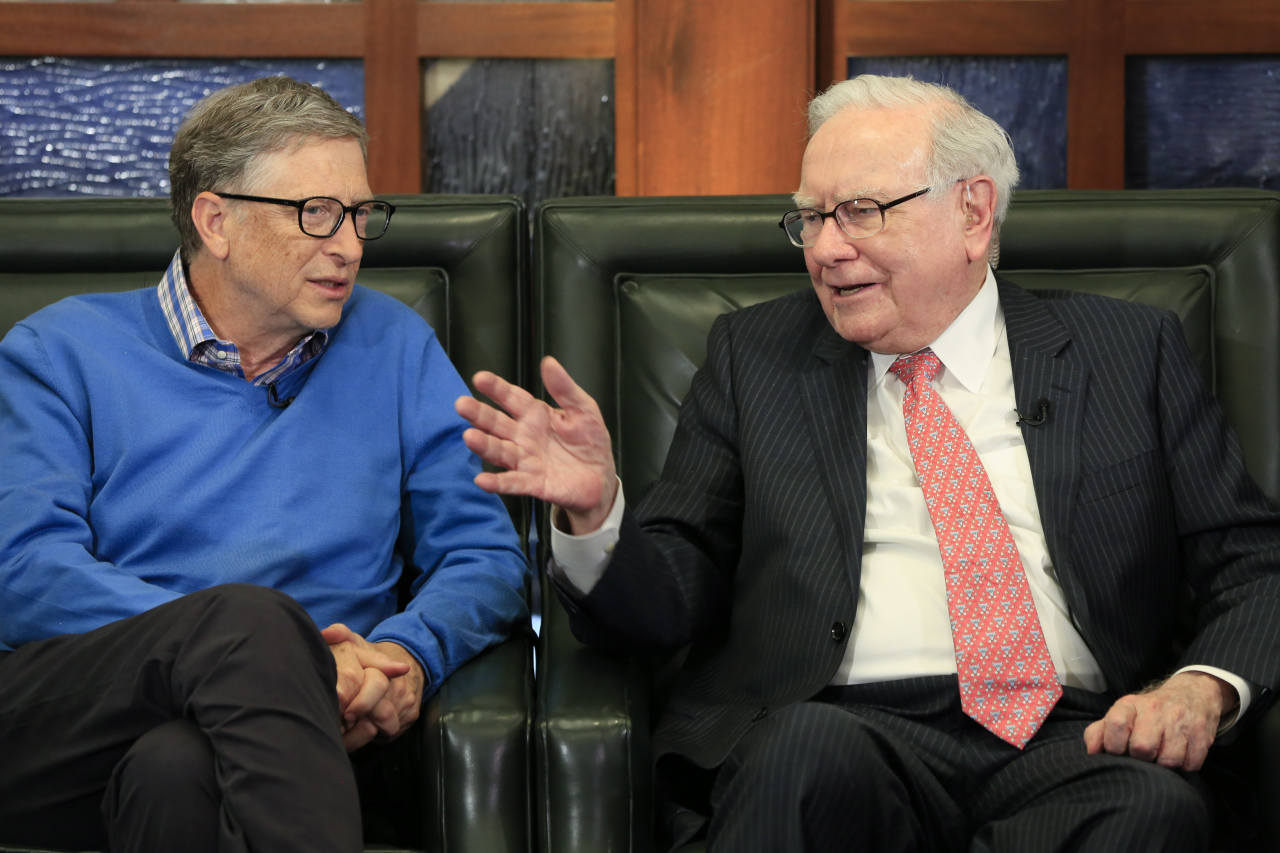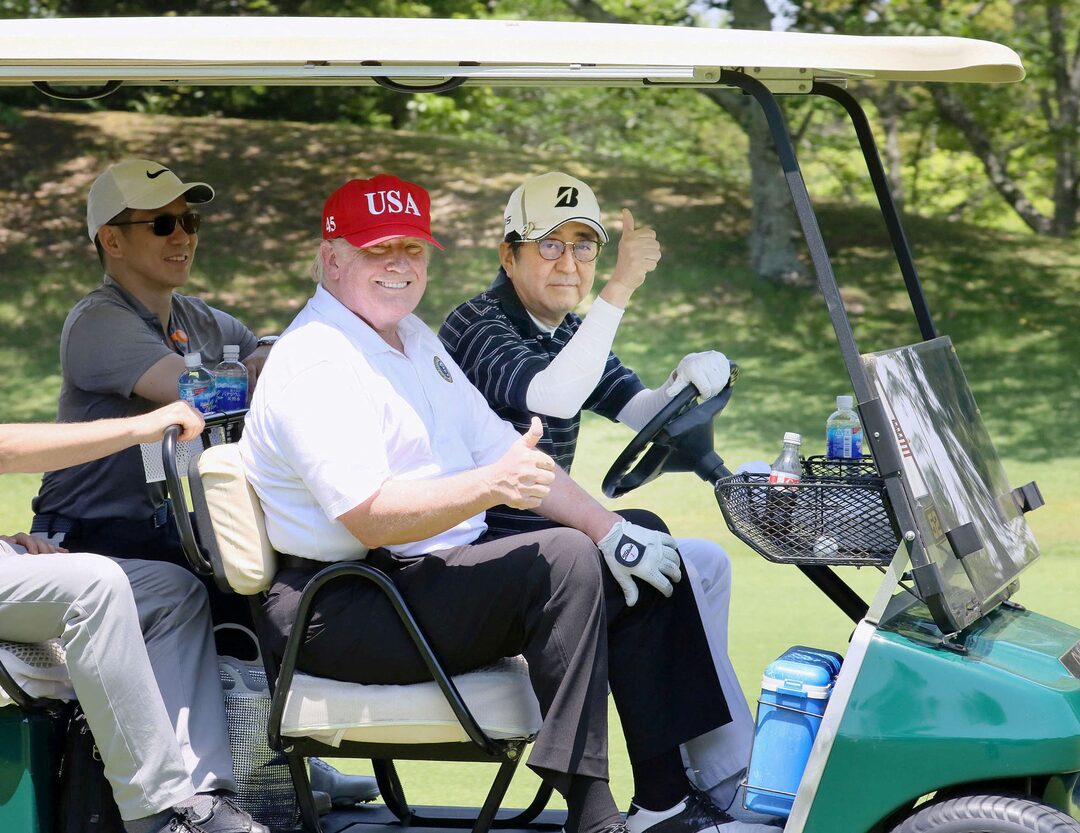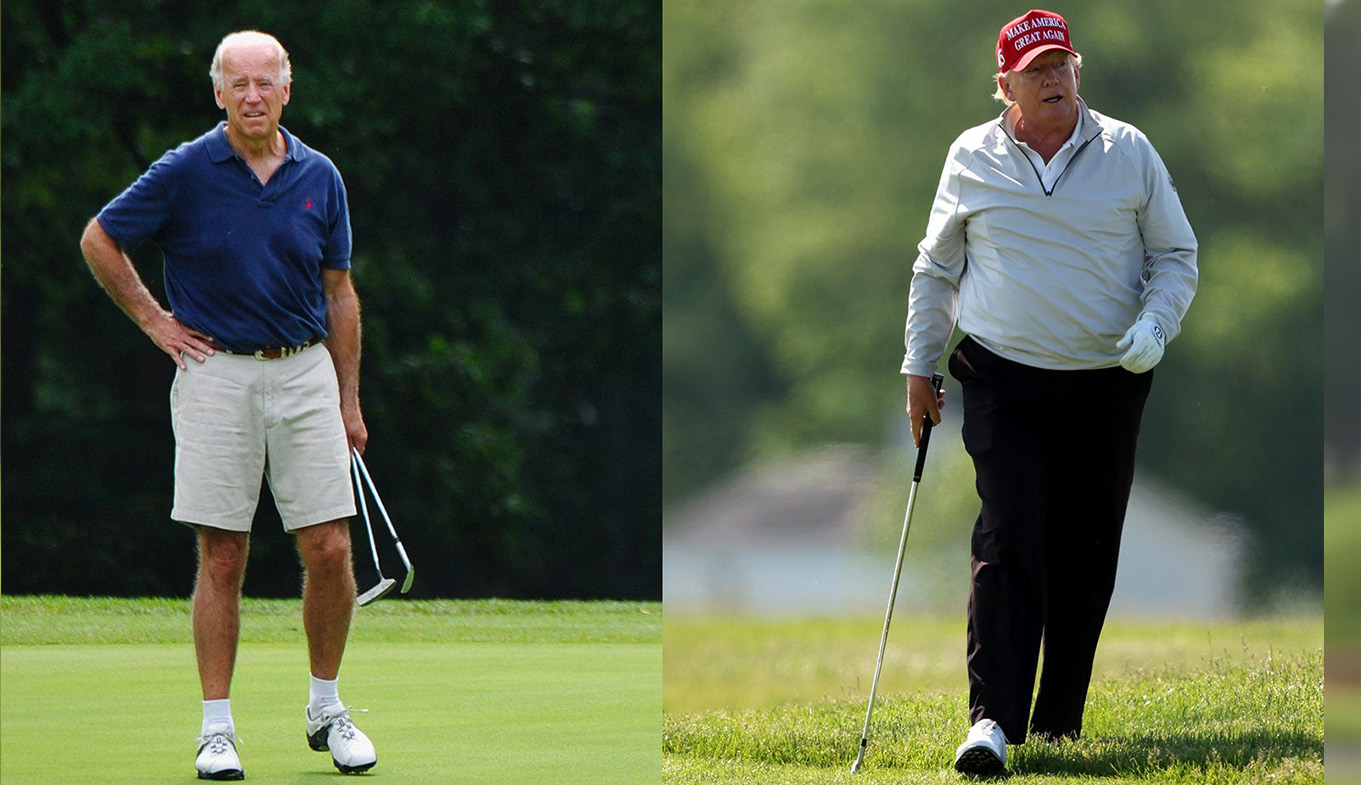Deals, Strategy, and the Game Behind the Game
The relationship between golf and business isn’t new; it’s practically institutional. From high-stakes corporate negotiations to casual conversations that shape entire industries, golf courses have long been informal boardrooms. The question is: why golf? And why has it remained such a fixture in the business world, even as other traditions have faded?
The answer starts with the structure of the game itself. Unlike most sports, golf unfolds over several hours, offering long stretches of time for conversation without pressure. It’s slow-paced, built for silence and speech in equal parts. Players walk side by side for miles, with plenty of downtime between swings. In contrast to the sterile setting of a conference room, the course is relaxed and open. Deals aren’t just struck on the green, they’re fostered in the rhythm of the game.
There’s also the matter of transparency. Golf is built on honesty. Players self-report their scores, enforce their own penalties, and follow etiquette codes that stress respect and accountability. For many executives, how someone plays golf says more than any interview or pitch could. Do they cheat when no one’s watching? Do they lose their temper over a bad shot? The answers shape more than a scorecard; they shape trust.
This isn’t just theory. Some of the biggest business stories of the last few decades played out on fairways, not in offices. One of the most cited examples is the relationship between Bill Gates and Warren Buffett. When Gates first met Buffett in 1991, it wasn’t a business meeting that broke the ice; it was a round of golf. Neither man was an avid golfer, but the game gave them hours of undistracted time to understand each other’s mindsets. Their eventual partnership, from philanthropic ventures to Berkshire Hathaway's tech investments, can be traced back to that slow walk down the fairway.


Another classic case is the 2004 merger of Sirius and XM Radio. Though there were months of meetings and legal wrangling, insiders often point to a pivotal golf outing where key executives from both sides began building rapport that allowed the merger to move forward. Trust, which often determines the success or failure of a deal, was forged between holes.
Golf also provides something businesspeople constantly seek: leverage. Inviting someone to golf is a power move. It signals access and status. Courses are expensive, tee times are exclusive, and many are tied to private clubs. But that exclusivity works both ways; it also gives guests a sense of being let in. For high-level negotiations, that dynamic matters. It’s not just about making someone comfortable; it’s about making them feel valued.
Consider Jack Welch, the famed CEO of General Electric. Welch was known for his aggressive deal-making, but also for his deep belief in personal connections. He regularly golfed with division heads and potential partners, using the course not just for leisure but to gauge leadership qualities. Welch once remarked that golf told him more about a person's ability to lead than any résumé ever could.
Donald Trump offers one of the clearest modern examples of how golf courses can be leveraged beyond recreation. Long before his presidency, Trump viewed golf not just as a hobby but as a brand and a business tool. With over a dozen golf properties worldwide, Trump turned his name into a premium associated with exclusivity, luxury, and influence. These courses were never just about attracting elite players; they were about attracting elite networks.
Trump’s courses have served as informal meeting grounds for power players across industries. During his time in office, Mar-a-Lago and Trump National Golf Club in Bedminster, New Jersey, became routine destinations for visiting dignitaries, CEOs, and political allies. While critics often pointed to these trips as evidence of leisure, the reality is that many of these outings functioned as relationship-building sessions. Conversations that couldn’t happen in public or in the press often happened over the course of 18 holes.

Perhaps most notably, leveraging his use of it during business, Trump transitioned his use of golf internationally for diplomacy. In 2018, after months of volatile rhetoric, Trump and Japanese Prime Minister Shinzo Abe shared multiple rounds of golf during state visits. These sessions, marked by visible camaraderie and light-hearted play, signaled to the world that a stronger diplomatic bond was forming. In Trump’s world, a tee time often doubled as a treaty.
The game at its core lends itself to strategy. Golf is deeply mental. Players must think multiple moves ahead, plan for terrain changes, and adapt in real time. That parallels business decision-making, where anticipation and flexibility often separate winners from losers. This shared strategic mindset can be common ground, especially in industries where analytical thinking and risk management dominate.
In private equity and finance, golf can even become part of due diligence. Stories abound of fund managers who evaluate portfolio company CEOs on the course. One such story involves a managing director at a large investment firm who invited a startup founder for 18 holes. The founder arrived in casual clothes, played recklessly, and spent more time checking his phone than focusing on the game. The deal didn’t go through, not because of the founder’s pitch, but because of his presence.
There’s a reason that golf became a core component of executive culture at the height of corporate America’s expansion. In the 1980s and 1990s, companies like IBM and AT&T funneled millions into country club memberships and golf tournaments. These weren’t perks; they were investments in deal-making platforms. Today, while corporate culture has shifted, golf remains embedded in networking at the highest levels. The annual Pro-Am tournaments at Pebble Beach and the Masters still serve as unofficial summits for executives, investors, and athletes alike.
Of course, not every executive is a natural golfer, and that’s part of the appeal. Golf levels the playing field. Unlike tennis or basketball, where athleticism dominates, golf rewards consistency, patience, and practice. A junior associate can impress a senior partner not by outperforming them, but by demonstrating restraint, composure, and curiosity. And since the stakes are low in terms of winning or losing, the real score is in behavior, not birdies.
Even startups have taken notice. In a world driven by speed, where deals are often made over Zoom or Slack, some founders still carve out time for golf. It’s not nostalgia, it’s efficiency. A single round can reveal character, test compatibility, and build rapport in a way that no pitch deck or LinkedIn message ever could.
Golf isn’t going anywhere. Its cultural capital in the business world remains intact because it’s more than just a game. It’s a ritual. A medium for unfiltered communication. A pressure test wrapped in a casual setting. As long as trust continues to be the currency of business, don’t expect the deals on the green to stop anytime soon.















